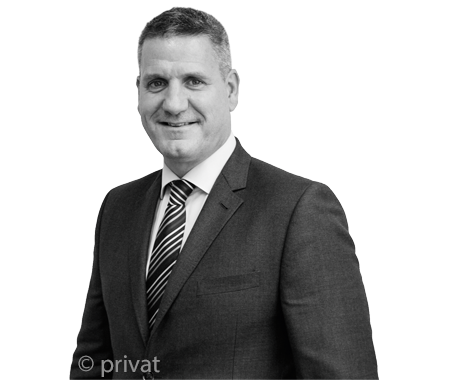Yes
“Health and well-being are key indicators of productivity in the workplace”
(Kevin Thomson)

Employee health and well-being are the most important assetWirtschaftsgutassets of any business and key indicators of productivity in the workplace. In the past ten years, organizations have moved away from tick-box surveillanceÜberwachung durch Ankreuzen von Kästchentick-box surveillance of employees to a well-being approach. About 60 per cent of organizations in the UK now have a health and well-being strategy for their employees. Health trackinghier: Überwachungtracking can give an overview of employee health. It can identify key risks so that interventions can be put in place.
In the UK, 1.4 million workers suffer from work-related health problems. From 2017 to 2018, there were 541,000 workers suffering from a new case of work-related illness, and 26.8 million working days were lost because of work-related ill health. Employers have a responsibility to support and empower sb.jmdm. befähigenempower staff to live healthier and longer lives, particularly as the working population ages and diversifies.
Technology has transformed corporateUnternehmens-corporate well-being programmes. Personalized health assessmentBeurteilung, Einschätzungassessments are helped by artificial intelligence to produce an accurate picture of individual employees. Employees get secure information about their lifestyle, nutritionErnährungnutrition and mental health; employers get an anonymous summaryZusammenfassungsummary of that data to help them shape workforceBelegschaftworkforce health interventions. Using digital tools, organizations can identify risks and encourage positive changes in behaviour.
Most people carry a mobile phone, and tracking devices are readily available if they want to manage their own health. We need to be careful that monitoring people’s health doesn’t become a surveillance tool to track employees. Staff should be made aware in advance what their data is going to be used for. We need to encourage employees using trust, respect and empowerment. The large tech companies that have supported this culture are the ones doing best in the marketplace.
Businesses struggle to find platforms that gather health data in one place. It’s a logistical challenge, and the platform must meetGDPR (general data protection regulation)DSGVO (Datenschutz-Grundverordnung) GDPR requirements. Privacy is a sensitive subject, and staff may be careful about giving out personal information.
Employers want to support individuals, but they also want to see the economic returnErtragreturns that may be associated with some of these corporate healthcare programmes.
Kevin Thomson is corporate healthcare director at Nuffield Health, a UK healthcare charity.
No
“There’s great potential for workforce data to be misused”
(Matt Creagh)

We are seeing increasing use of health-related data tracking, and rules should be put in place to protect workers. There’s great potential for workforce data to be misused. In the workplace, people often feel pressured to consent to sharing their data because they fear there might be repercussionAuswirkung, Folgerepercussions if they do not.
Employers can create profiles of their workers by collecting a wide range of data. A profile can be used to to predict sth.etw. prognostizierenpredict how a worker is going to perform in the future. This could lead to situations where negative interferenceRückschlussinferences are drawn from profiles. In a worst-case scenario, this could lead to employers discriminating against workers because of their health.
Workforce data can be used to make decisions about disciplinary action, hiring and firing, promotions and pay rises. This is why workers should have a voice in data-driven decision-making processes.
The strongest protection workers have is GDPR, which gives them legal rights to ask their employer which of their data is being held, to control the amount and type of data shared, or to demand their data be delete sth.etw. löschendeleted. People need to know what those rights are and that they will be properly enforce sth.etw. durchsetzenenforced.
Technology should be used for the benefit of workers, for example to make sure they are taking adequate breaks from working at their desks. Health data could be made anonymous and viewed as a whole across an organization, rather than be connected to individuals. This would enable an employer to bring well-being benefits to the organization as a whole rather than focus on an individual’s health data. In the US, data-protection laws are considerably more relaxed, and in the UK, there is evidence that GDPR is not being followed.
Working people have a right to a private life, and the law protects that right. So, an employer’s data collection both inside and outside the working environment must not to infringe sth.etw. verletzeninfringe anyone’s privacyPrivatsphäre; hier: Datenschutzprivacy rights. We are talking about health-related data, which is obviously very sensitiveheikelsensitive. We have seen a growing use by companies and their employees of technological devices such as Fitbits and sleep-tracking software. If employees are using these de-vices in their spare time, they might not be aware that the data is still being collected and used within a work context.
Matt Creagh is an employment rights policy officer with the Trades Union CongressDachverband der britischen GewerkschaftenTrades Union Congress (TUC).
Neugierig auf mehr?
Dann nutzen Sie die Möglichkeit und stellen Sie sich Ihr optimales Abo ganz nach Ihren Wünschen zusammen.



